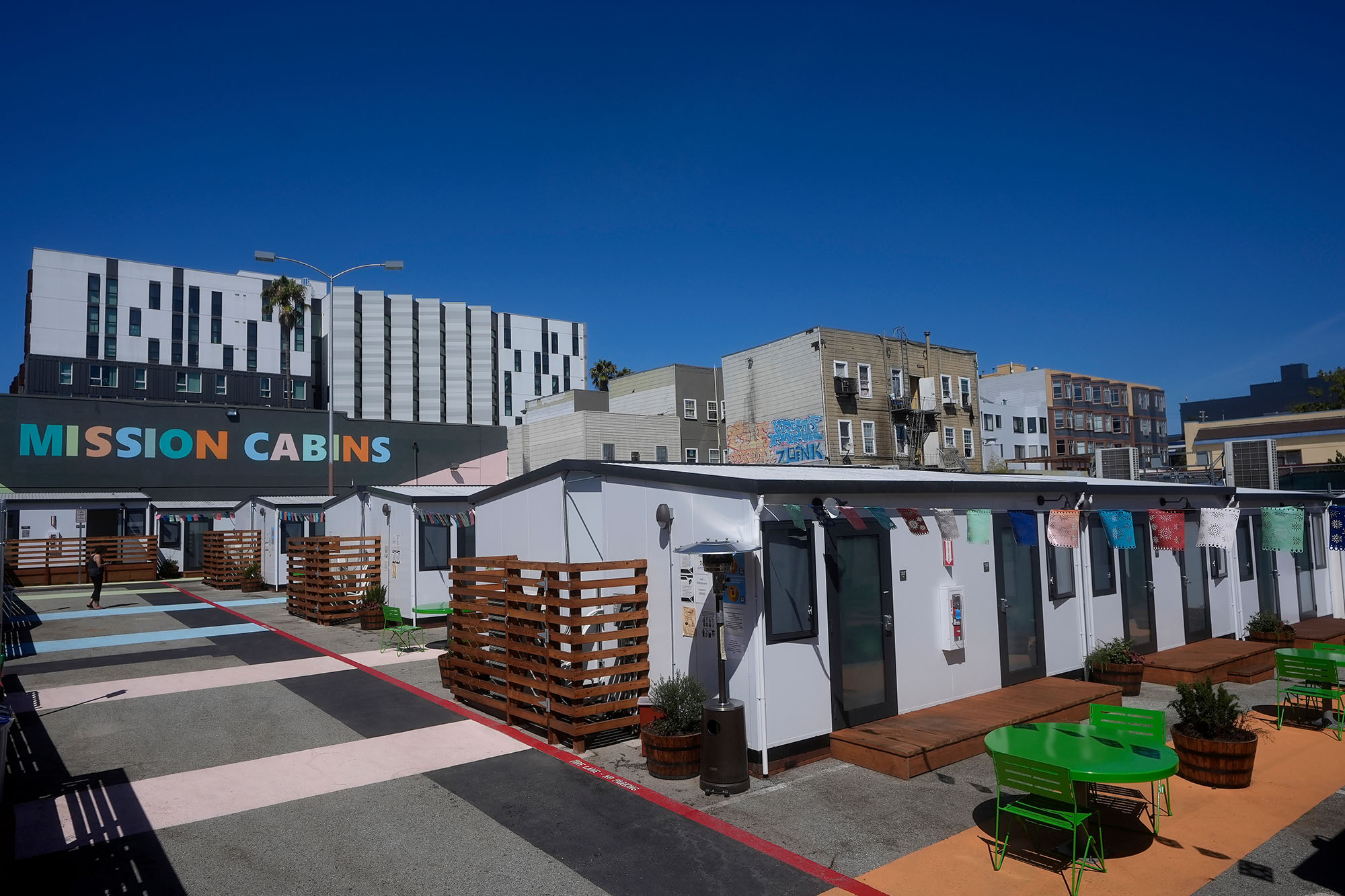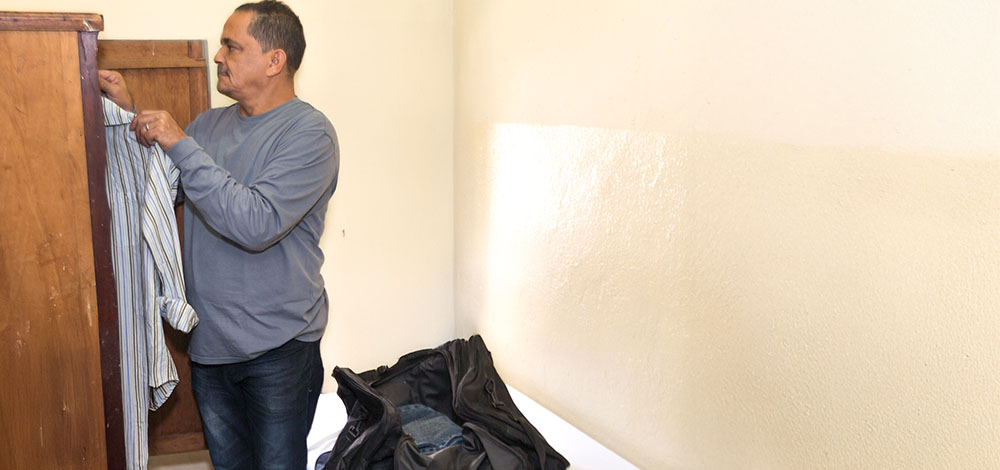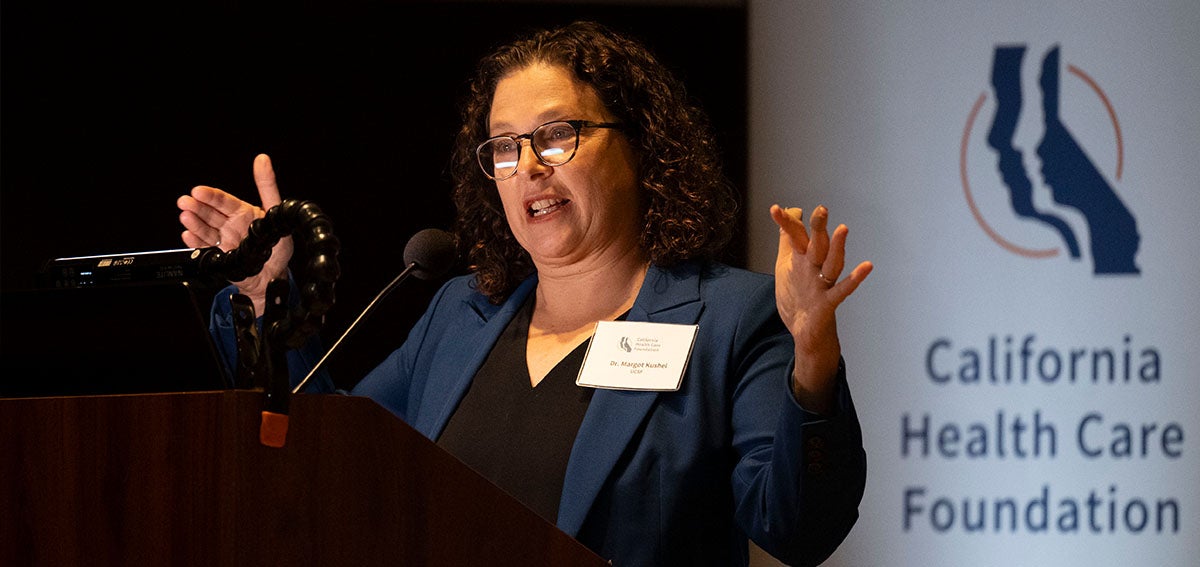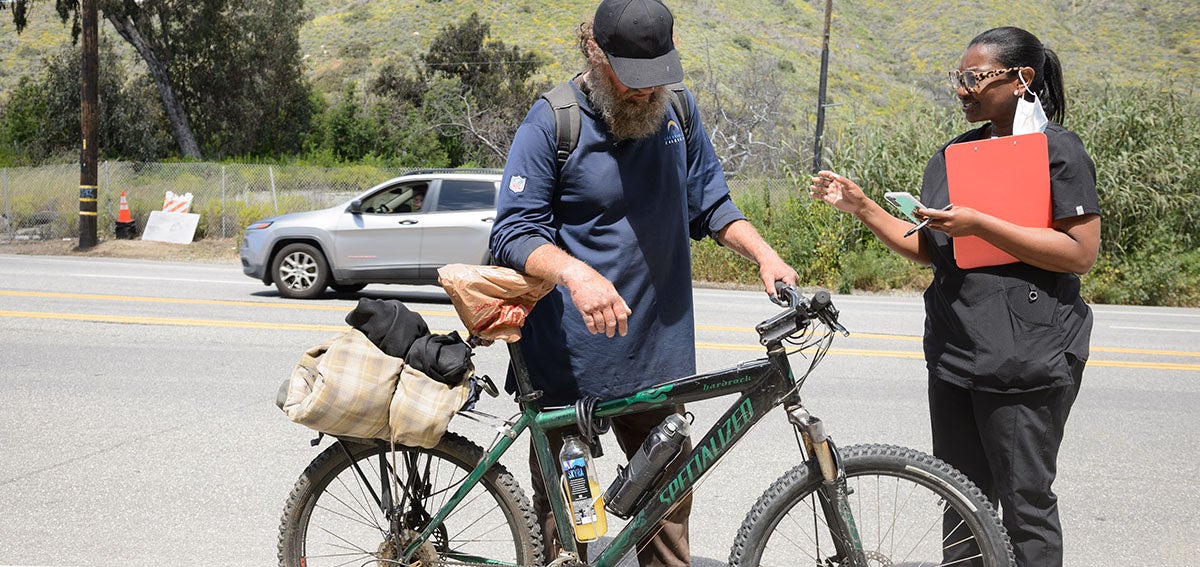Medical respite, or recuperative care, provides short-term and unlicensed residential care and supports for people with health care needs who are experiencing homelessness. During their stay, a person has the opportunity to rest in a safe environment, for weeks to months depending on the program, with access to medical care and other supportive services.
Medical respite care is offered in a variety of settings, with service models, staffing, funding, and length of stay tailored to local needs and assets. Most medical respite care is delivered after a hospitalization to support ongoing recovery from an illness or surgery. Some programs also provide care to prevent acute care utilization. As a result of California’s Whole Person Care initiative (2016–21), there has been unprecedented growth of these programs over the last several years, with nearly one-quarter of the country’s approximately 120 respite programs in California.
California’s multiyear initiative, CalAIM (California Advancing and Innovating Medi-Cal), is designed to improve the delivery of health care services for the most vulnerable populations, including a specific focus on people experiencing homelessness. Medical respite is 1 of 14 “community supports” available for reimbursement by Medi-Cal, and offers an opportunity to accelerate the spread of these programs in California.
Established in 1986, the National Health Care for the Homeless Council (NHCHC) is the country’s primary advocacy and technical assistance organization at the nexus of homelessness and health care and has been at the forefront of supporting the advancement of medical respite services across the country.
Developing Standards for Medical Respite
In 2016 and again in 2021, NHCHC published Standards for Medical Respite Care Programs, a framework to help medical respite care programs operate safely, effectively, and seamlessly with local health care systems, and to promote program development and growth.
In July 2020, NHCHC launched the National Institute for Medical Respite Care (NIMRC), the first national institute dedicated to advancing best practices, expert services, and state-of-the-field knowledge in medical respite care.
This project — Supporting a California Focus for NIMRC — provides funding for NIMRC to promote standards and best practices for medical respite care in California through trainings, tools, technical assistance, and advocacy recommendations for California stakeholders looking to start, scale, or improve medical respite programs.
During this two-year project with CHCF, NHCHC, which has a long track record of supporting medical respite policy and programs nationally, will develop expertise in California and tailor its tools to effectively meet the challenges and opportunities related to California’s policy and practice environment.
Under the two-year project, NHCHC will:
- Interview and convene health and homelessness policy and practice experts to better understand California’s landscape and evaluation needs.
- Conduct focus groups of California medical respite providers to understand the issues central to them and to examine the fidelity to published standards of care
- Develop an approach to defining and standardizing medical respite care in California. The rapid growth of medical respite, and the variability in clinical and operating models, staffing, length of stay, and financing across California’s programs, has created confusion, especially for payers (hospitals and managed care plans).
- Develop tools and resources that serve to promote high-quality program delivery and effective partnerships/contracting between providers and payers.
- Outline medical respite evaluation needs and opportunities.
- Illustrate the value of medical respite programs to various audiences through development of communications and marketing materials, such as fact sheets and videos from testimonials with consumers, providers, and community partners.




